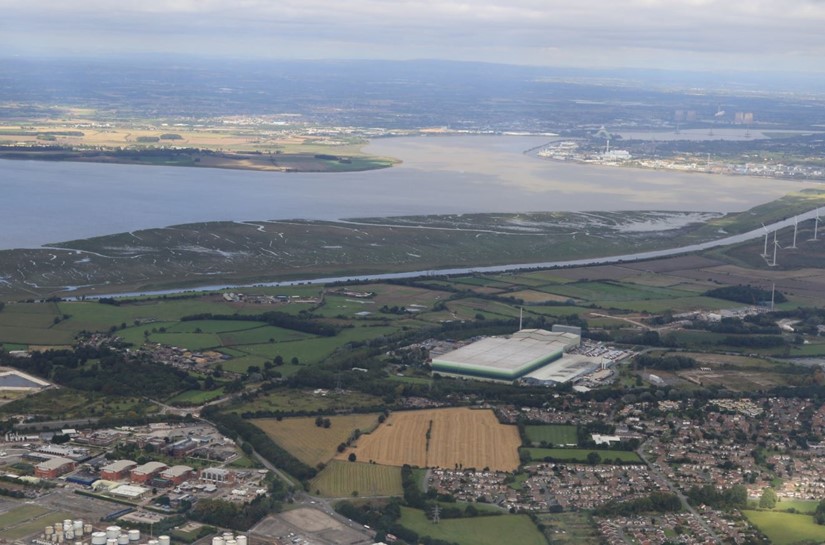As Local Industrial Strategies are being prepared across the North West, Jane Gaston, Development Director at Peel Environmental argues that energy needs to be at their heart.
Whilst the Government’s Industrial Strategy sets out its ambitions for clean growth, it will be areas like the North West which push the policy from vision to reality through Local Industrial Strategies.
The region has a proud industrial heritage. More recently, building on its traditional strengths in chemicals, textiles, shipping and engineering, the region has diversified into modern high technology sectors such as ICT, biotechnology, pharmaceuticals, aerospace, and telecommunications.
It has the largest concentration of advanced manufacturing and chemicals production in the UK with manufacturing at the forefront of the North West economy, despite increasing pressures from globalisation. Indeed, the region retains its position as the lead UK manufacturing region based on Gross Value Added (GVA)[1].
The North West is unique, from its geography, to its creativity and industry. Because of this, it is the natural choice to lead the way on clean growth. Delivering sustainable, secure and affordable energy will be vital to underpin and deliver economic growth and prosperity.
Fostering energy innovation
When it comes to clean growth, the North West is already leading from the front. Projects like Manchester’s clean air plan, to the Stephenson Institute for Renewable Energy in Liverpool and the Energy Innovation District (EID) in Cheshire – something Peel Environmental’s Protos site is proud to be a part of – show the region’s commitment.
Centred on the North West’s most intensive industrial heartland of Ellesmere Port, the EID is an exciting energy cluster that boasts some of the UK’s most energy-intensive manufacturers, spanning Cheshire, Warrington, Liverpool, Manchester and North Wales.
It will become an engine for low carbon energy for the region and its residents, researching and deploying new technologies to drive growth and be at the forefront of low carbon energy generation.
Projects like these have been addressing the 10 pillars of the Industrial Strategy long before the paper was published. Now, as local leaders move closer to defining their Local Industrial Strategies, there is a golden opportunity to put energy innovation at the centre of policy and explore clean growth further.
The region has already been recognised by Government as a potential industrial cluster as part of its Industrial Clusters mission, which is set to ramp up in 2019. Partners are coming together in the region to put the best case forward to Government for why the North West should be leading the charge as a top location for global inward investment in low carbon products and technologies.
Underpinning industrial productivity
Manufacturing is at the heart of the North West, but by its very nature, it is energy intensive. Protos aims to address that. By creating a strategic energy hub which clusters complementary businesses, including energy intensive industries, Protos will create a circular associated supply chain and energy generation system. It’s a unique project and one which could see £350m GVA produced each year.
Protos however is just one example of the raft of ambitious projects taking place in the North West that will change the way we generate, distribute and consume energy.
Creating jobs and skills
One of the Industrial Strategy’s core aims is to create jobs and make Britain fit for the future. With a proven track record in clean energy innovation, further investment in the sector would enable the region to level-up against the south. Jobs and skills would be boosted, fossil fuel reliance would reduce, and prosperity would be shared across the country more equally.
We see Protos as being transformational for the region’s employment market, with the ability to create some 3,000 jobs. We’re working with the University of Chester, whose neighbouring Thornton Science Park can offer direct access to a highly-skilled and futureproof workforce, as well as state-of-the-art facilities.
Clean energy is fundamental to clean growth and as such, it must underpin Local Industrial Strategies across the region. Not only will clean energy power new industries, it will also create them, and doing so will put the North West on the map nationally and internationally.
[1] http://ec.europa.eu/growth/tools-databases/regional-innovation-monitor/base-profile/north-west
>
